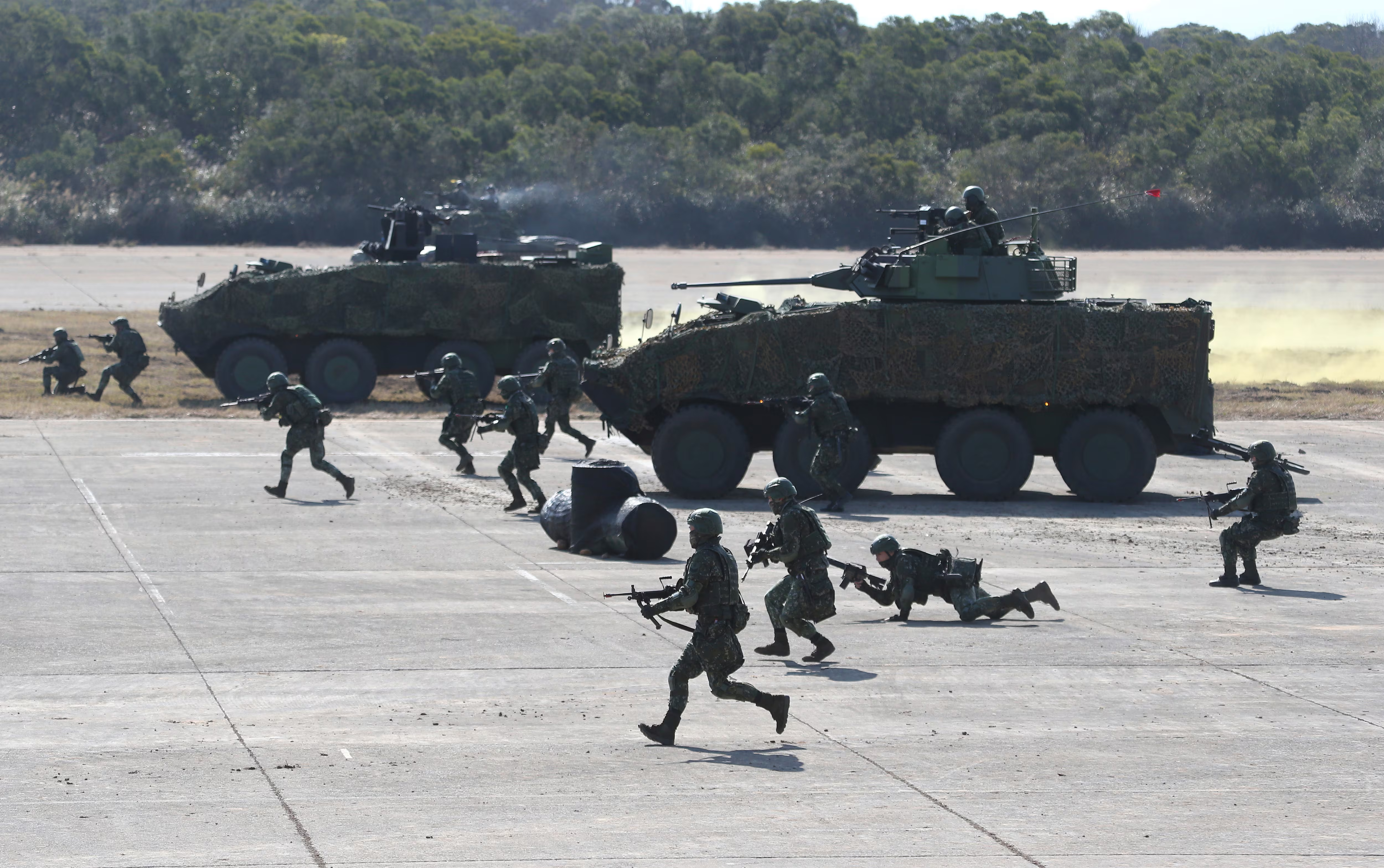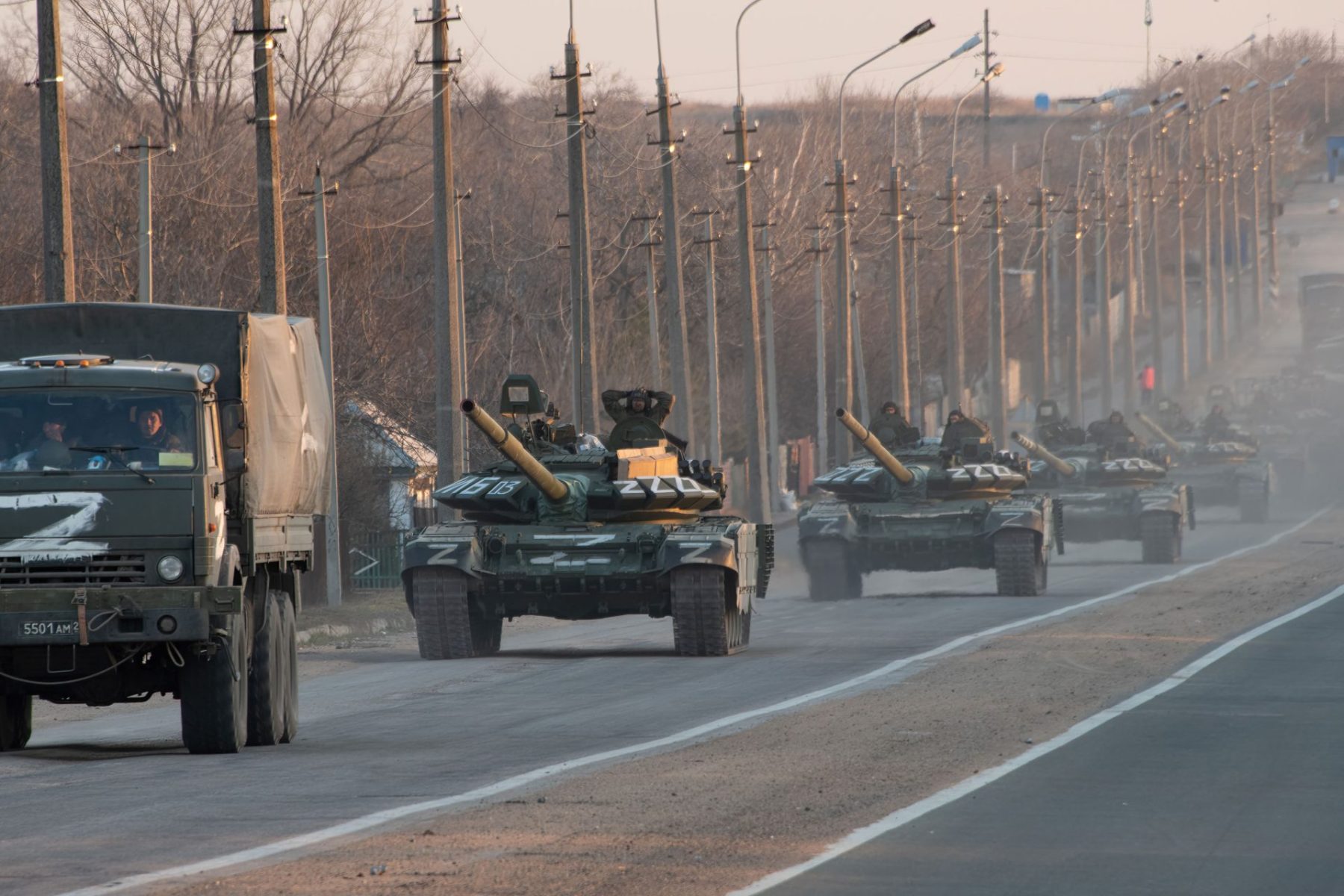China's demand for the U.S. to halt military collaboration with Taiwan underscores a critical juncture in U.S.-China relations, particularly as tensions escalate over Taiwan's status. During a recent virtual meeting, Chinese General Li Zuocheng emphasized that there is "no room for compromise" regarding Taiwan, which Beijing views as a core interest. The insistence on ending military "collusion" reflects China's broader strategy to assert its territorial claims and deter U.S. influence in the region. This rhetoric is not merely posturing; it signals a potential escalation in military posturing, as evidenced by recent incursions of Chinese aircraft into Taiwan's airspace, which Taiwan's Defense Ministry has condemned as provocative and destabilizing.
The implications of this standoff are profound, as both nations navigate a complex web of military, diplomatic, and economic interests. The U.S. continues to support Taiwan through arms sales and strategic partnerships, despite the lack of formal diplomatic relations. This situation raises critical questions about the U.S.'s commitment to Taiwan's defense in the event of a conflict, as highlighted by Secretary of State Antony Blinken's characterization of China as a significant long-term challenge. As the geopolitical landscape shifts, the upcoming G-20 meeting between Blinken and Chinese Foreign Minister Wang Yi may serve as a litmus test for future diplomatic engagements, particularly in light of ongoing tensions over Taiwan, the South China Sea, and broader international issues.









